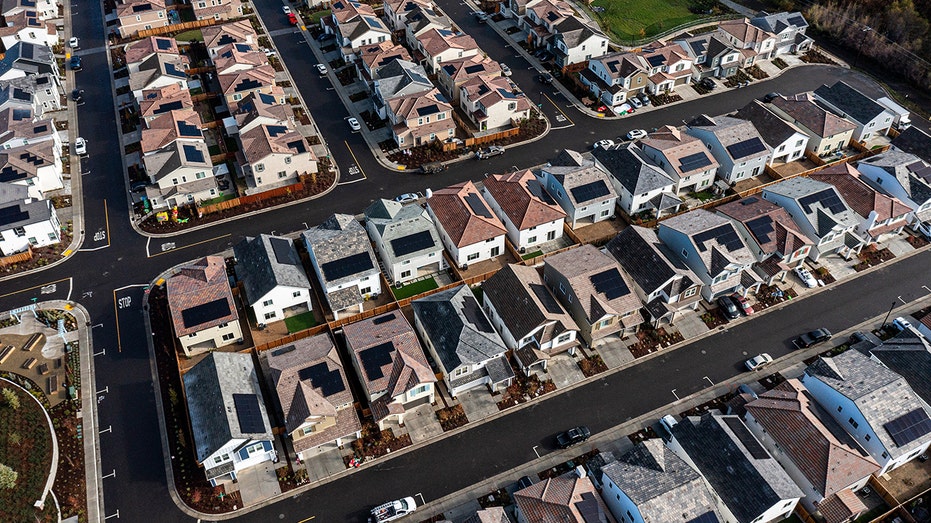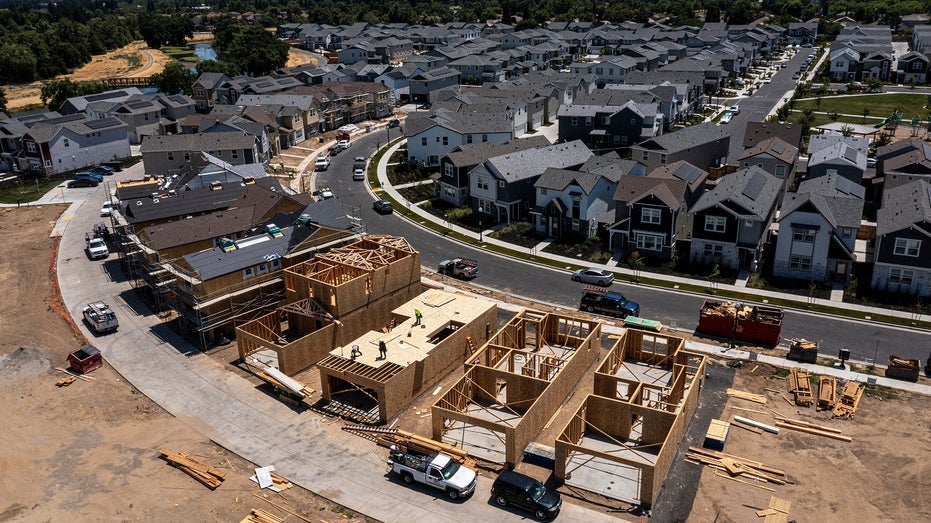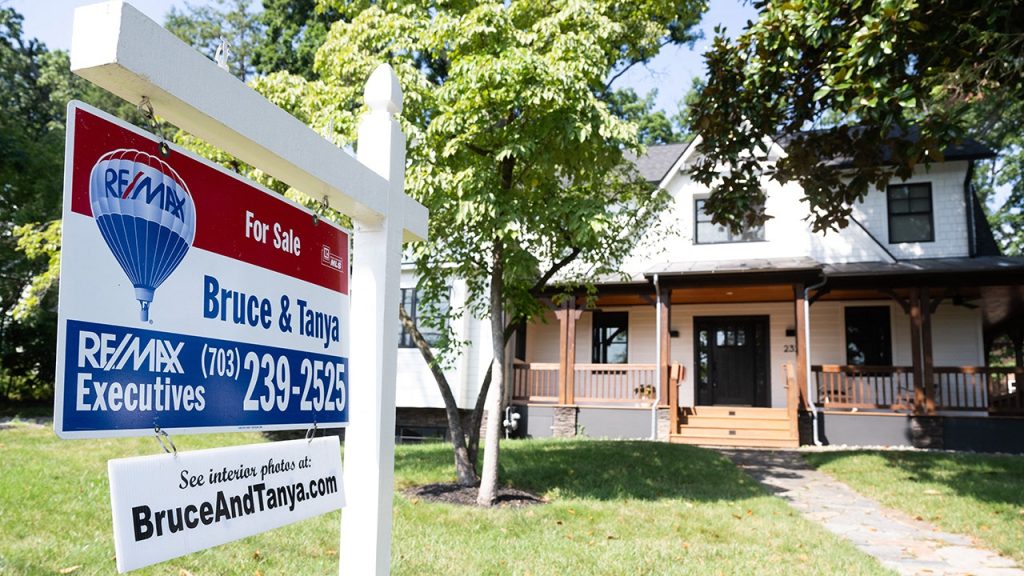The average rate on the benchmark 30-year fixed mortgage rose again this week to the highest level since 2001, spelling even more pain for buyers in a market where housing affordability is already at an all-time low.
Freddie Mac’s latest data released Thursday shows the average rate for a 30-year fixed note has climbed to 7.23%, marking a second consecutive multi-decade record after last week’s average reached 7.09% for the first time since 2002.
At this time last year, the 30-year fixed rate averaged 5.55%.
The rate on a 15-year fixed mortgage is also up, averaging 6.55% after coming in last week at 6.46%. One year ago, the rate on a 15-year fixed note averaged 4.85%.
MORTGAGE DEMAND FALLS TO LOWEST LEVEL SINCE 1995 AS RATES SURGE
Freddie Mac chief economist Sam Khater signaled in a statement that rates are not expected to fall any time soon, saying “indications of ongoing economic strength will likely continue to keep upward pressure on rates in the short-term.”

The Federal Reserve’s aggressive interest-rate hike campaign sent mortgage rates soaring last year, and homeowners who locked in a low mortgage rate before the pandemic have been reluctant to sell and jump into a higher rate on a new property, leaving few options for buyers.
HOME PRICES WILL RISE IN 2023 AS AFFORDABILITY CRISIS WORSENS, GOLDMAN SAYS
“As rates remain high and supply of unsold homes woefully low, incoming data shows that existing homes sales continue to fall,” Khater said. “However, there are slightly more new homes available, and sales of these new homes continue to rise, helping provide modest relief to the unyielding housing inventory predicament.”

Realtor.com chief economist Danielle Hale said recent data on housing has been mixed, with existing home sales dropping last month while new home sales and construction both picked up. But there are signs more would-be buyers are giving up on purchasing a home right now.
“As rates have surged past 7% and homebuying costs have risen yet again, home purchase mortgage applications have eased, suggesting that at least some potential buyers have been shut out of the market,” Hale said in a statement. “Furthermore, as rents notch a third month of decline, hopeful first-time home buyers may have more reasons to take their time or extend their lease, rather than rushing in a challenging and expensive market.”
Read the full article here
